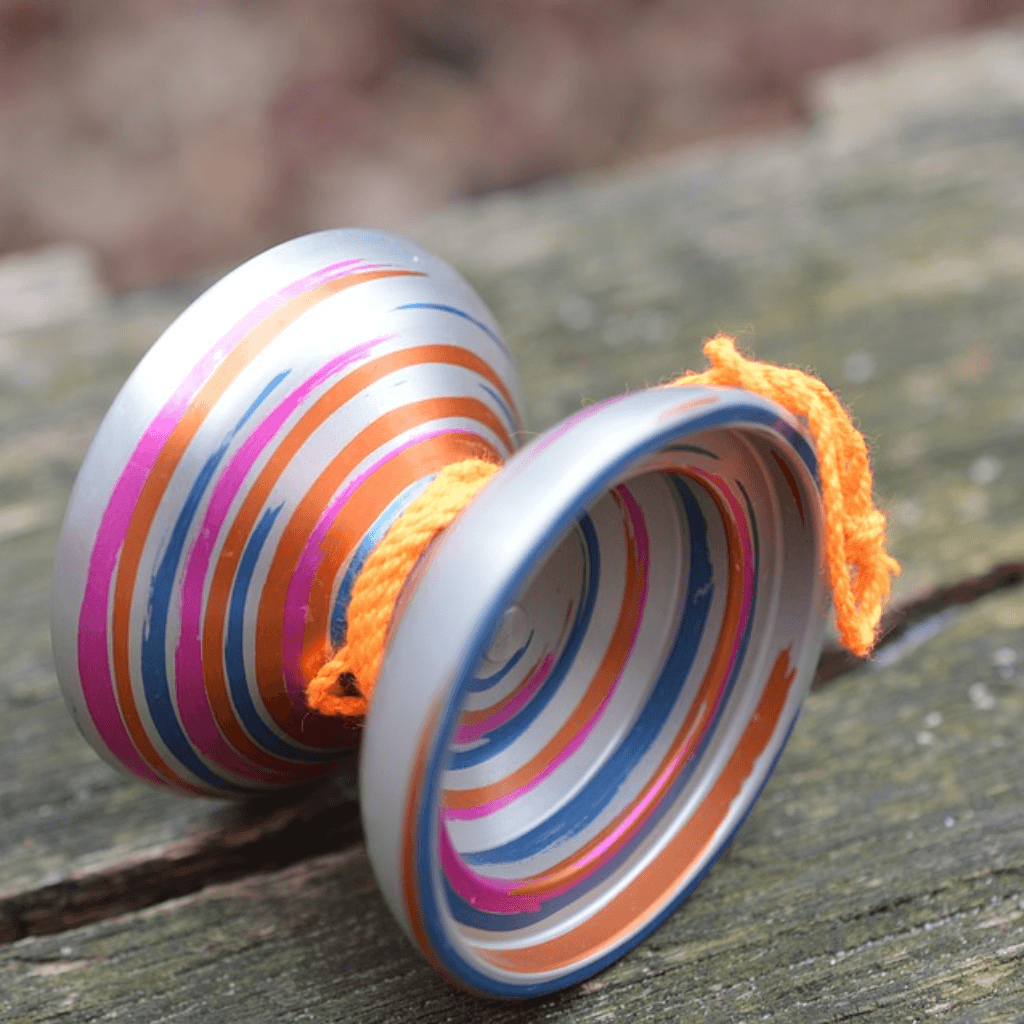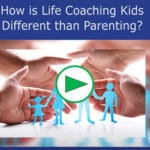
Does your child’s self-esteem rise and fall with the grades she makes?
Does your child’s self-esteem rise and fall depending on who played with him at school that day?
Does your child’s self-esteem crumble if he makes a mistake?
If so, then your child is suffering from yo-yo self-esteem — self-esteem that rises and falls with the ups and downs of life. How kids feel about themselves often depends on what is going on in their lives – what is going on outside of them.
However, powerful self-esteem isn’t based on what is going on outside of them (what is happening in their lives). Powerful self-esteem is based on what is going on inside of them – who they are and how they think about themselves.
When children’s self-esteem is based on “who they are,” then their self-esteem can remain intact no matter what is going on in their lives.
Here are two simple steps for how to help children start developing self-esteem from the inside out:
First, tell children about the dangers of yo-yo self-esteem and teach them that self-esteem is based on who they are, not what they do. Share some examples with them (such as those listed above) to help them become aware of what yo-yo self-esteem is. Ask them if they notice this in themselves. Being aware of a problem is the first step to solving a problem.
Second, teach them how to separate the results of an event from who they are as a person (their identity). Let’s look at an example.
A very common self-esteem-crusher for children is grades. When children fail a test, they often get down on themselves – sometimes branding themselves as a “failure.” But failing a test is an event – something that happened. Just because they failed a test, doesn’t mean they are a failure. It just means they didn’t learn the material well enough to earn a good grade.
Help kids understand that there is a big difference between feeling down about a bad grade (which is an event) and feeling down about themselves (which is a judgement about themselves). Self-judgment crushes self-esteem.
Separating an event from who they are enables children to see the event (failing a test) as a problem that gets to be solved – such as spending more time studying or asking for extra help before a test. This helps children feel more empowered in the situation.
Learning to separate an event from their identity will help children maintain positive self-esteem no matter what is going on in their lives.
Help Kids Beat Yo-Yo Self-esteem!
Sign up for our FREE tele-training to learn more tips to help your kids build self-esteem!
“Life Coaching Isn’t Just for Grownups – 3 Skills All Kids Should Learn Before Age 10”
You’ll hear about three traps that crush self-esteem and four, powerful mindset skills to help kids beat those traps.
Click now to register for the free call!
*** The end ***
Adventure well, my friend!
Copyright (C) 2011-2018 Adventures in Wisdom, Inc. All Rights Reserved.









